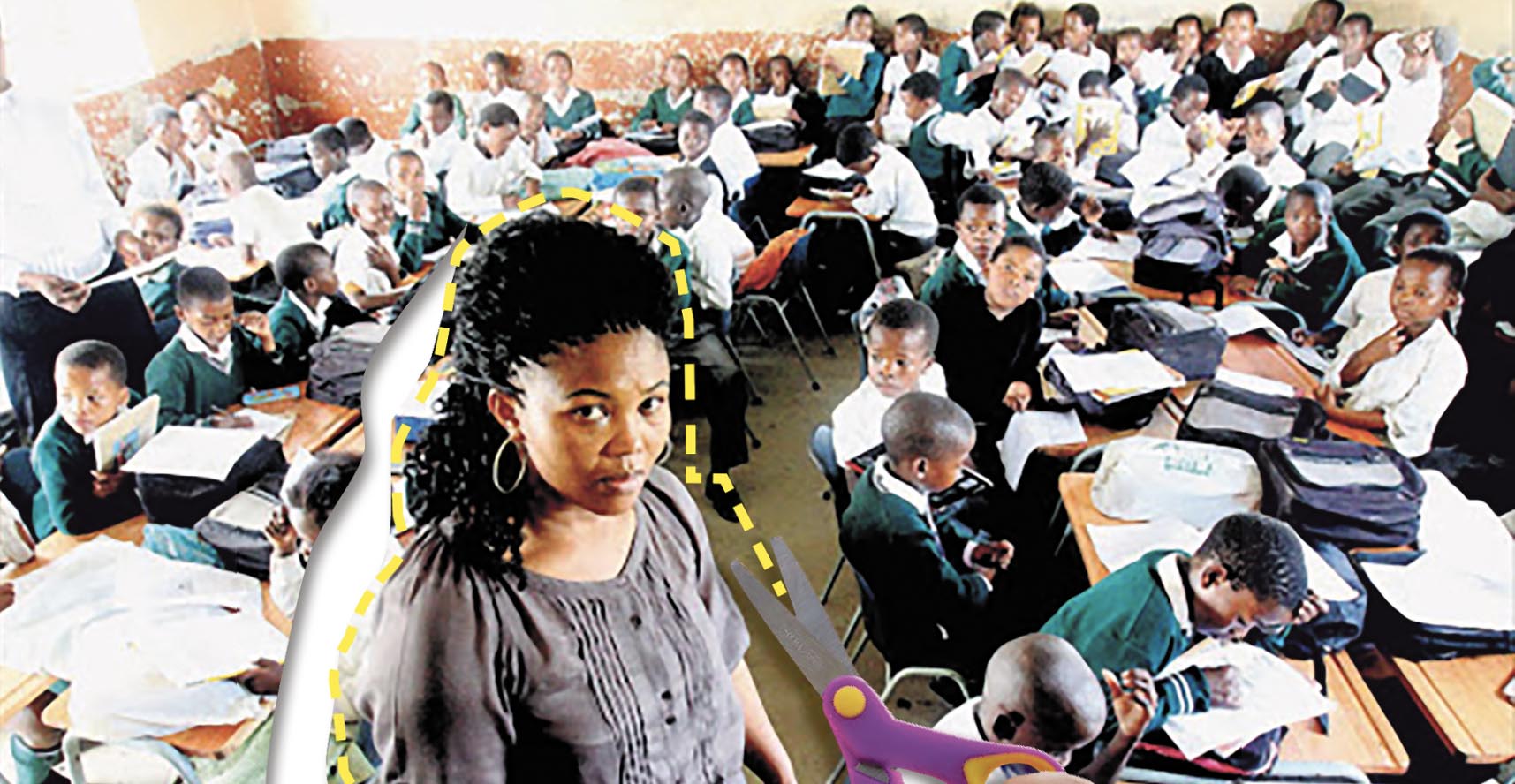Is there any point in banging on again about South Africa’s dismal performance in comparative education tests? Honestly, I’m not sure. I mean, we all know this by now: SA’s education system in general is just awful, which is why there is such extraordinary demand for private education.
For the record — and for the nth time — SA came last once again in most of the major global maths and science comparative tests released this week. Not all countries participate, but generally, the one very large, international test of maths and science is called the Trends in International Mathematics and Science Study (TIMSS). (Great name, BTW.)
In the 2023 results, of the 58 countries that took part, SA came fifth-last in the senior maths exams and stone last in the junior test. This is despite the fact that all other countries examine Grade 8 students in the senior test and SA examines Grade 9 students. Likewise, all other countries examine Grade 4 students in the junior test, but SA examines Grade 5 students.
The question is: why does SA consistently present such terrible results? The answer that the education department and the politicians would have you believe is that it’s apartheid’s fault. There is, of course, some justification for this: generations of substandard education have laid the basis for generations of underperformance.
But that can’t be the only reason, because if it were, SA’s performances would improve as time passes and generally speaking, they are not. The second reason it can’t all be pinned on apartheid is that if the problems had to do with historical issues, the younger pupils would presumably outperform their elders. But in fact, the tests show the opposite: the seniors perform better than the juniors, so the problem is getting worse, not better, as we leave apartheid behind.
‘Justification’ for poor performance
The other justification for SA’s poor performance is that SA spends less in real terms of education than most other countries. While the country does spend more of its total budget on education than many other developing and developed countries, expenditure per child in standardised terms is vastly different.
The Organisation for Economic Co-operation and Development average in 2021 was about $14,000 per pupil per year. In Mexico, it was just under a quarter of that, and in Luxembourg, it was double. SA spends about $3,000 per pupil per year, representing some 6.18% of its GDP on education, almost a percentage point more than the US, which spends 5.44% of its GDP on education.
So obviously, absolute spending is going to reflect in the ultimate results because, without being too blunt about it, if you pay peanuts you tend to get a poorer result.
Even this argument doesn’t reflect the entire story. I have an additional theory, related to something George W Bush once said. Bush is not everybody’s favourite person, but he made an important comment once when talking about race during his presidency. (Actually, credit for that should go to Bush’s speechwriter Michael Gerson.) In a speech, Bush pointed out that there was a “soft bigotry of low expectations”.
Just consider the response of the education department to these results. The department said there had been “a remarkable upward trend” after pupils’ scores improved by eight points from 389 in 2019 to 397 last year. This is simultaneously hilarious and depressing.
It’s funny, to me anyway, because anyone who describes an eight-point improvement in a 1,000-point test as a “remarkable upward trend” really needs to think seriously about redoing their maths exams. To make that comment about performance in a maths exam makes it doubly laughable.
SA’s absurd pass levels
More importantly, it’s depressing because it reflects what we know instinctively about SA’s education officials: they have no backbone. This is most obviously clear in SA’s absurd pass levels, and in the gradual degrading of standards. The attitude that coming last is acceptable, or at least understandable, reflects the “soft bigotry of low expectations”.
We know this is true because the education department in SA is not, in the last resort, there to provide education to children; it’s there at least partially to protect teachers from their own underperformance. The department is intensely unionised and heavily resistant to anything that looks remotely like upholding standards, which is partly why the department is so keen to destroy Afrikaans schools: it doesn’t want a standard against which to measure its underperformance.
There is one positive we can take from all this. Just for fun, I asked ChatGPT to list some of the questions asked in the senior TIMSS test. The first example it gave was: “Solve for x in the equation 3x + 5 = 20.” It confidently gave the answer as 7.
So, at least SA’s pupils are doing no worse, at least at this point, than artificial intelligence. DM





